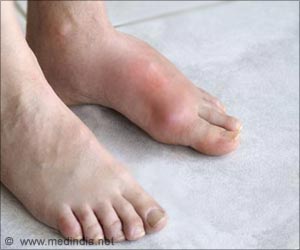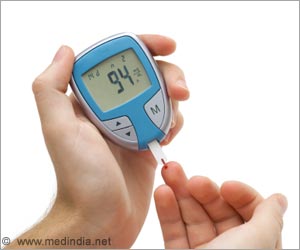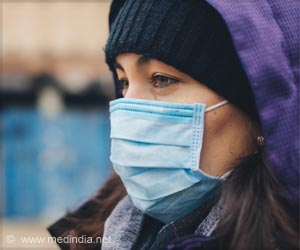Health Precautions Before, During and After Travel
- Fear of flying
- Insurance
- Vaccinations
- Precautions For Travelers With Medical Condition
- Motion sickness
- Dehydration
- Injuries
- Medical kit
- Blood clots (DVT) Deep Vein Thrombosis
- Sinus and Ear pressure
- Sleep pattern disturbance or Jetlag
- Diabetic traveler
- Other medical conditions
- Sexually transmitted disease
- Pregnant women
- Malaria, Dengue, Yellow Fever
- Diarrhea
- Lung disease
- Heart disease
Pregnant women
Advertisement
Pregnant women approaching the end of their term, (36 weeks for single pregnancy, 32 weeks for twins, triplets etc.,), or those at risk of miscarriage, premature delivery, or placental abruption should not undertake any kind of long travel.
Airlines insist on a ‘fitness to travel certificate’ from the Gynecologist which also mentions the expected date of delivery.
Those who are fit to travel while pregnant, it is important to take precautions against dehydration and formation of blood clots. It is important to keep moving as many times as possible. Consumption of liquids at regular frequencies is a must.
Seat belt should be fastened below the abdomen to avoid any injury to the fetus.
No vaccines for pregnant woman, but vaccines are allowed for nursing mothers.
Airlines insist on a ‘fitness to travel certificate’ from the Gynecologist which also mentions the expected date of delivery.
Those who are fit to travel while pregnant, it is important to take precautions against dehydration and formation of blood clots. It is important to keep moving as many times as possible. Consumption of liquids at regular frequencies is a must.
Seat belt should be fastened below the abdomen to avoid any injury to the fetus.
No vaccines for pregnant woman, but vaccines are allowed for nursing mothers.


















Post your Comments
sivakumar99 Friday, May 14, 2010
navin123 Thursday, November 12, 2009